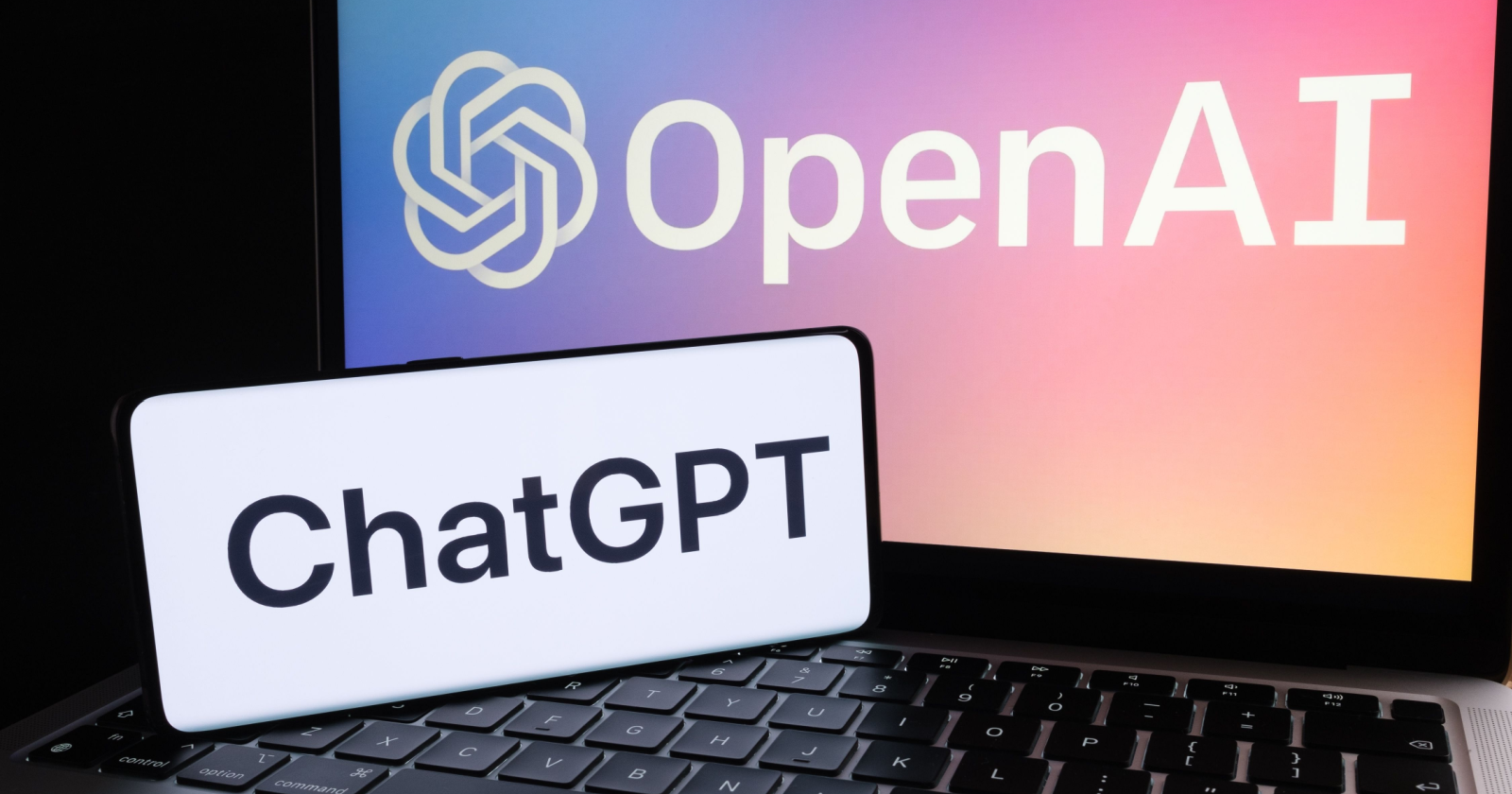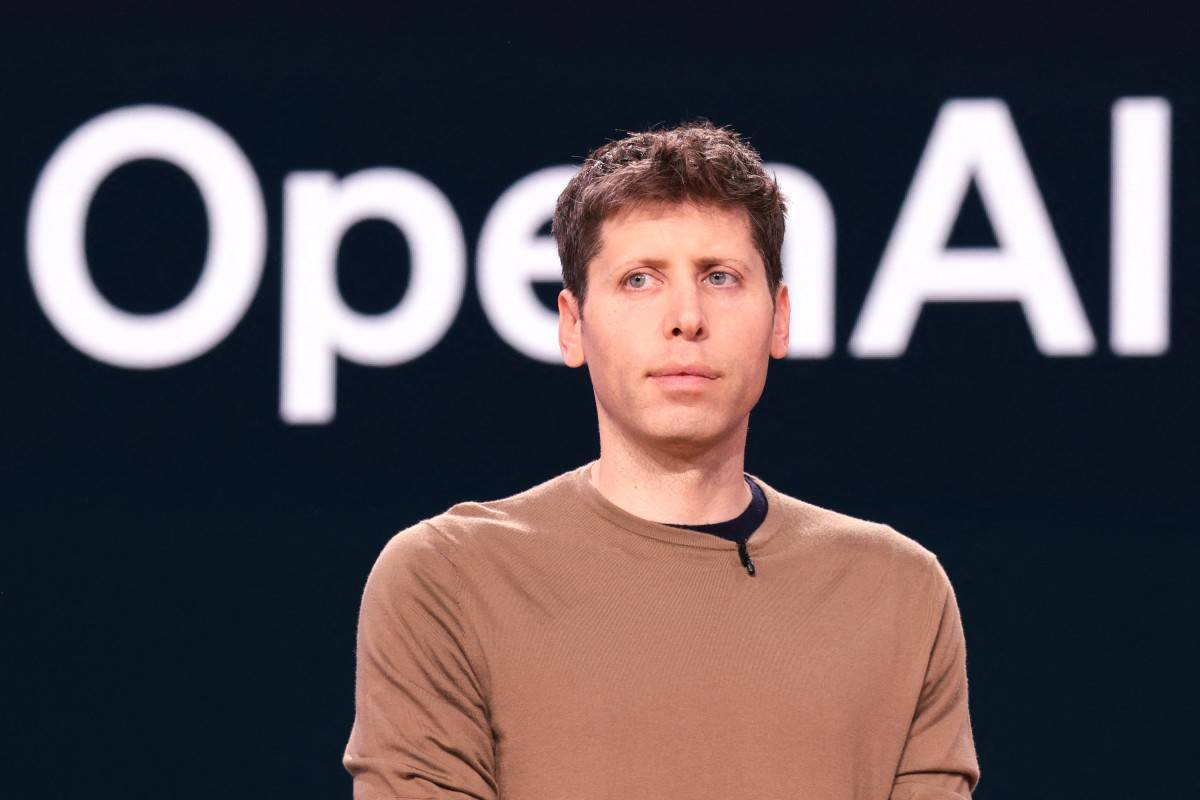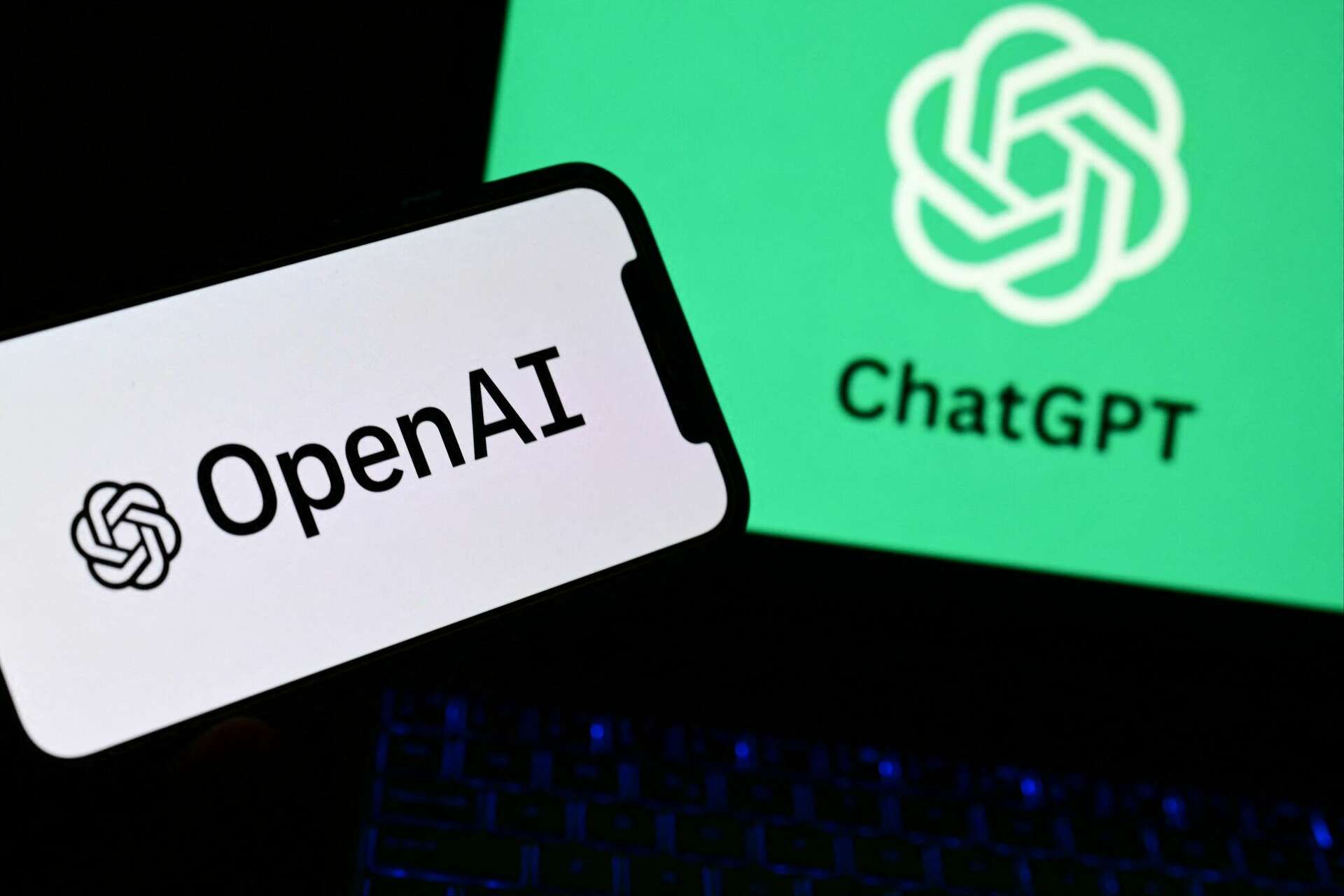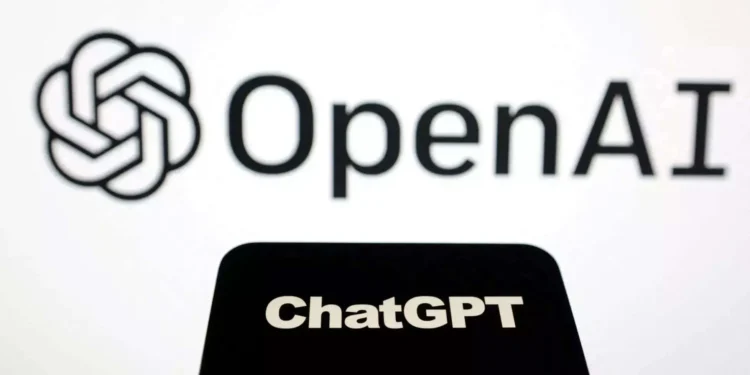In a bold move signalling the start of a potential power shift in the tech industry, OpenAI has introduced “ChatGPT Search,” a new search engine powered by artificial intelligence. This latest venture aims to compete directly with Google, a titan in the internet search sector. With Google practically synonymous with internet searches, the introduction of an AI-driven alternative by OpenAI marks a significant turning point.

A Closer Look at ChatGPT Search
Launched on a Thursday, “ChatGPT Search” represents a significant evolution of OpenAI’s flagship chatbot, ChatGPT, which has been redesigned to function like a search engine. This new version enables users to access the most current information available online, mimicking the traditional search experiences users expect from Google. Whether it’s checking the latest sports scores, stock market updates, or the weather, ChatGPT Search aims to provide real-time, reliable information in a user-friendly format.

The Technology Behind the Tool
ChatGPT Search doesn’t just pull data at random; it’s supported by backend technologies from other search engines, including Bing—highlighting Microsoft’s ongoing investment in OpenAI. Srinivas Narayanan, OpenAI’s Vice President of Engineering, noted during a Reddit Q&A that while Bing is a part of their arsenal, it’s not the sole technology powering the new search tool. This hybrid approach utilizes a combination of search technologies to deliver a robust service to users.

Industry Reactions and Google’s Silence
During the product launch, OpenAI CEO Sam Altman expressed his optimism about the tool’s capabilities, emphasizing its speed and efficiency in handling complex queries. Altman’s enthusiasm suggests a promising future where AI could dynamically create custom web pages in response to search queries. Despite these advancements, Google has yet to respond to OpenAI’s new competitive edge.

A Slow but Steady Challenge to Google’s Dominance
Although ChatGPT’s market share remains modest compared to Google’s commanding 91%, there’s a noticeable shift occurring. A recent survey by Evercore highlighted that 8% of respondents preferred ChatGPT Search over Google, up from just 1% a few months earlier. These figures suggest a growing appetite for alternative search engines, particularly those enhanced by AI.

What This Means for the Future of Search
The tech community continues to watch closely, with the landscape of search engines expected to evolve significantly due to AI integration. Kevin Weil, OpenAI’s Chief Product Officer, acknowledged the early stages of this new product and expressed a keen interest in user feedback to shape the future of AI-driven search.
As ChatGPT Search carves out a space in a market long dominated by Google, the broader implications for the search engine industry and online advertising revenue are profound. With AI at the forefront, the question remains not if, but how swiftly and extensively AI will transform search technology.









